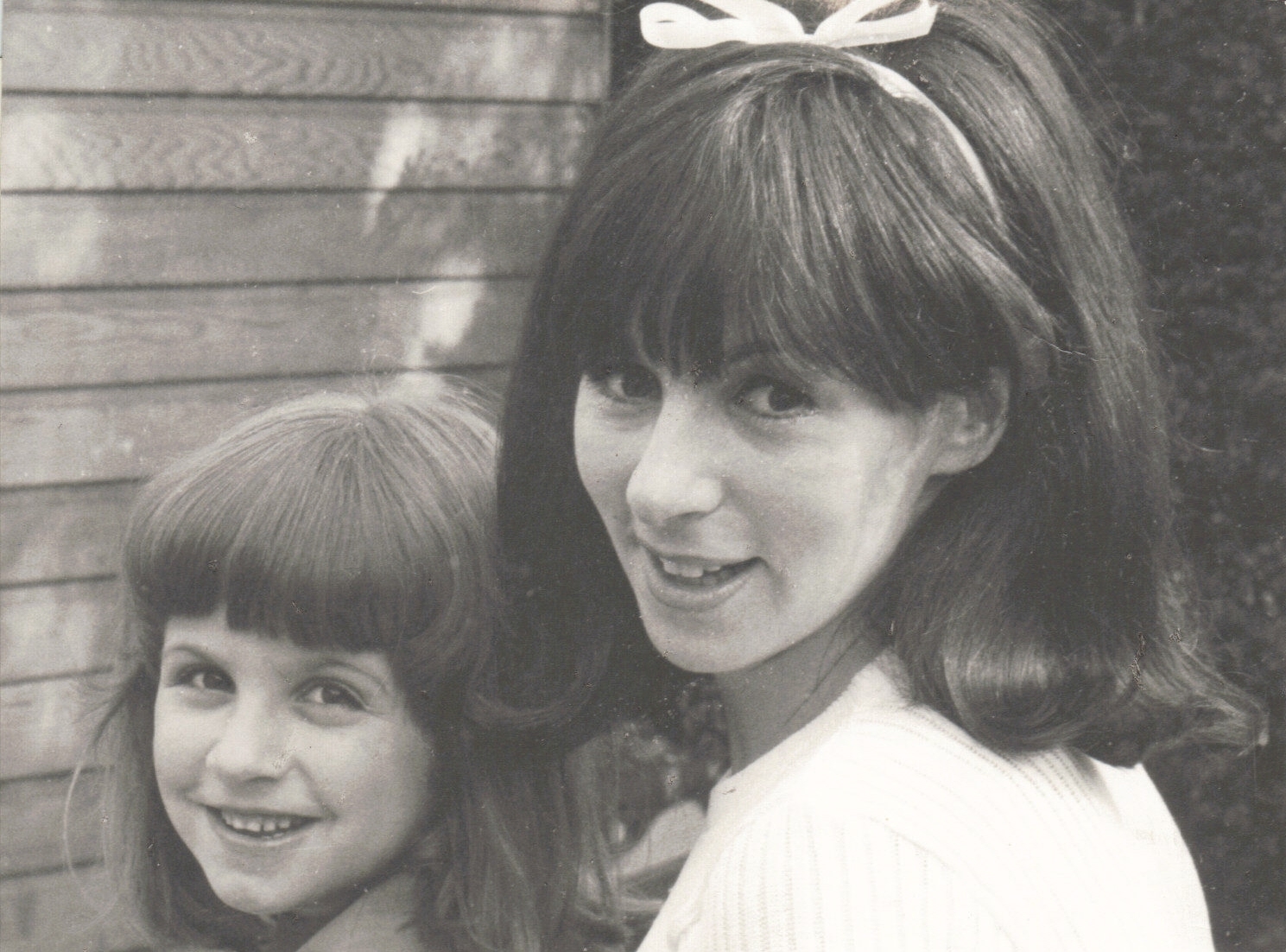Impact – have it, flaunt it, change it!
Impact: the psychologist view
“Successful people do have strong personal impact,” says Dr Lesley Morris. “Remember the Shirley Bassey song: ‘the minute he walked in the joint, I could see he was a man of distinction – a real big spender’. Well, who wouldn’t make a beeline for a person like that!” Even the most timid people can change, though, according to Morris, because we all automatically adjust our impact depending on how we feel about our surroundings, which means that we can do it consciously if we put our minds to it.
To explain the concept, Morris says firstly imagine yourself in front of a closed door. On the other side is an important business function, in full swing. You’re nervous, you’d rather go home – but you have to go in. You probably open the door very quietly and slide in, heading for a wall, searching desperately for familiar faces. “You instinctively try and make yourself smaller, literally shrinking away from a source of fear,” Morris explains.
Now another closed door, but on the other side are family and friends you haven’t seen for ages. You’ve missed them; they’ve missed you. This time, you fling open the door and stride in. “It’s a natural response,” says Morris, “and we can work on it. Once people confront their insecurities, they can improve their personal impact dramatically. You see them literally growing with confidence.”
Impact: the Image Consultant view
“Impact comes from posture, clothes, hair, make-up, body language – it’s a total package, but some elements are more important than others,” says image consultant Vivienne Cable. “For example, you can have the finest clothes and beautiful hair but if you slouch about the place, the whole effect is ruined.”
A long-standing member of the Association of Image Consultants International, Cable runs a “one-stop-shop” covering all aspects of image makeover for men and women. Considering people in public life who significantly changed their impact, Cable says the most obvious is Princess Diana, the shy teenager who became a sophisticated, elegant woman after help with her hair, clothes and public speaking.
Cable also works with a lot of men in business. The first question that usually strikes her is: why are they stooped? “They often seem to be carrying the world on their shoulders,” she says, “and when we ‘lift’ them suddenly their posture changes and they look completely different.”
Cable says if anything about your appearance is not right, you focus on that and it detracts from your overall impact. “If your clothes are uncomfortable or you’re not happy with your hair, it’s the first thing you fidget with and it becomes the first thing other people notice.” (She certainly had this reporter scrutinising hair and outfit in that mirror.)
Impact: the voice coach view
“A common trait among Australian voices, women’s in particular, is a slight nasal quality,” explains voice teacher Lorraine Merritt. “Women also come to me worried their voice is too thin or ‘girly’ because in business it’s perceived that a light voice equals lightweight person, lacking substance.”
Merritt says impact comes down to physical presence – and modern open-plan offices simply stifle it. “People are contained, like battery hens,” she says. “They’re so aware of everyone around them that they keep their voices down and minimise the space they take up. If they go into a larger room for meetings or presentations, they’ve lost the ability to project into the bigger space.” Watch how entertainers move, she says, they usually have a far greater sense of taking up space.
To improve voice and impact, Merritt focuses firstly on establishing a state of physical ease. This means not being self-conscious, fidgeting or displaying awkward mannerisms. Then she works on posture, breathing and the tone of the voice. “How we stand and hold our head affects the strength of the voice and how far it travels,” she says. “But voice alone cannot communicate the message. What’s important is that our voice allows us to have the greatest impact with what we’re saying.”
Merritt’s main improvement tips include:
- Turn off the inner critic
- Develop your sense of personal space
- Maintain a dynamic, flexible posture
- Learn about breathing, vocal energy and projection, placing sound in the appropriate space
- Develop a confident voice – and that doesn’t mean increasing the volume!
 Tel 07876 228 254
Tel 07876 228 254

